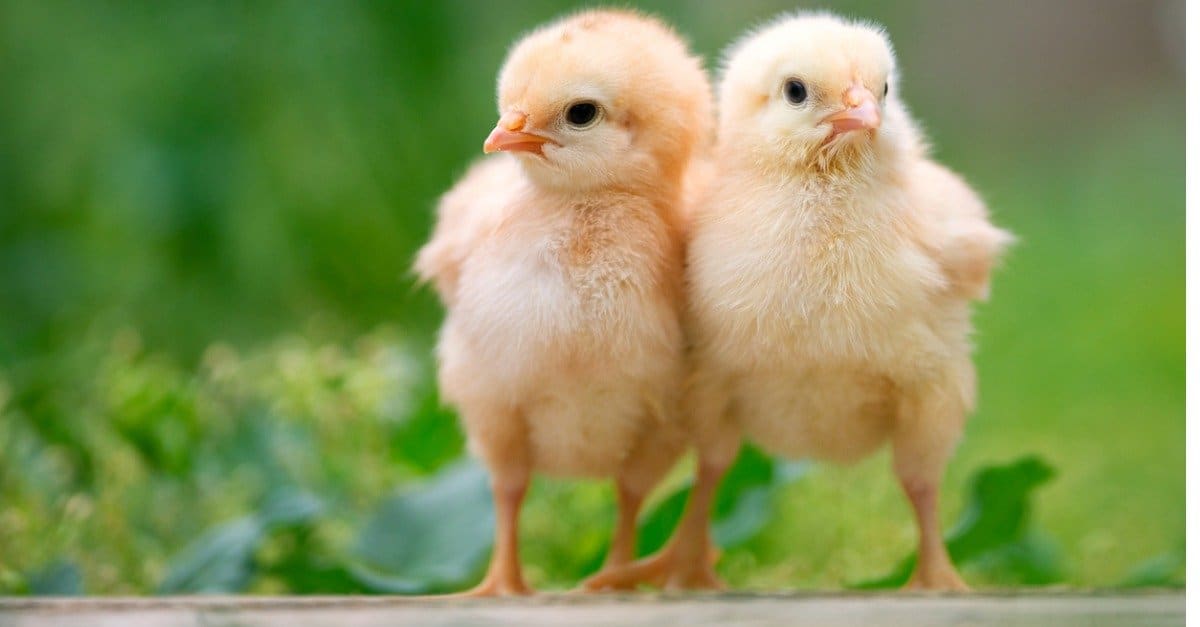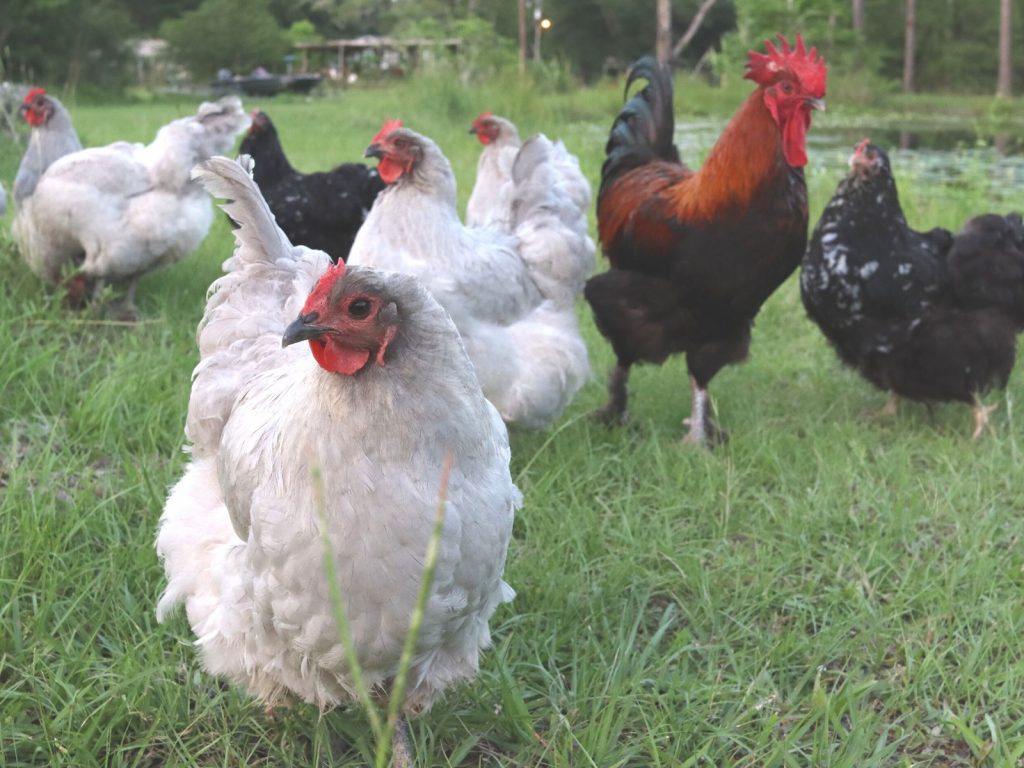Ever watched those fluffy little yellow balls of feathers running around and wondered what they’re officially called? I’ve been raising chickens for years, and I still remember being confused by all the different terms when I first started. Let’s clear up the confusion about what baby chickens are called and explore the fascinating world of poultry terminology!
Baby Chicken Terminology: The Basics
Baby chickens are most commonly called chicks. This is the standard, gender-neutral term used for newly hatched chickens regardless of whether they’re male or female. The term makes perfect sense since it’s nearly impossible to determine the sex of baby chickens right after they hatch.
Some folks also informally call baby chickens peeps This adorable nickname comes from the soft chirping or peeping sounds they make when freshly hatched When you hear those gentle peeping noises coming from your incubator, you’ll know your eggs have successfully hatched!
Different Names for Baby Chickens Based on Age and Sex
As baby chickens grow, they get different names depending on their age and sex:
Female Baby Chickens
- A young female chicken under one year old is called a pullet
- When pullets are about to start laying eggs (but haven’t yet), they’re sometimes called point-of-lay chickens
- Once they reach one year old and begin laying eggs, they become hens
Male Baby Chickens
- A young male chicken under one year old is called a cockerel
- After reaching maturity (usually around one year), they become roosters or sometimes cocks
- A castrated male chicken is called a capon
Group Names for Baby Chickens
When referring to a group of baby chickens, there are several terms you might hear:
- Brood – A group of chicks hatched at the same time
- Clutch or Peep – A group of chicks (historically called a “peep of chicks” or a “chattering of chicks”)
- Flock – A general term for a group of chickens of any age
How to Tell if Your Chick is Male or Female
One of the trickiest parts of raising chickens is figuring out whether your baby chicks are males or females. You typically can’t tell right at hatching, but around 6-8 weeks, differences start to appear:
- Combs and wattles – Males develop larger, redder combs and wattles
- Leg thickness – Males often have chunkier legs than females
- Posture – Young roosters often strut with their heads held high and chests puffed out
- Crowing – Around 12 weeks, male chicks may start to crow (though some breeds develop later)
The practice of identifying baby chickens’ sex is called sexing, though it’s not 100% accurate in the early months.
Other Chicken Terminology You Should Know
To sound like a real chicken expert, here are some other chicken-related terms:
- Biddy – An older hen
- Chook – A slang term for chicken (popular in Australia)
- Poultry – General term for all domestic fowl
- Broody – A hen showing nesting behaviors and wanting to hatch eggs
Culinary Terms for Young Chickens
In the culinary world, young chickens have their own specific terminology:
- Poussin or Coquelet – A very young chicken (less than a month old) used for cooking
- Cornish Game Hen – In the US, this refers to a small, young chicken (under two pounds) used for cooking
- Boiler – A chicken between six to nine months old
The Chicken Life Cycle
Understanding what baby chickens are called at different stages helps make sense of the chicken life cycle:
- Egg – Where it all begins (incubation takes about 21 days)
- Chick/Peep – Newly hatched baby chicken
- Pullet/Cockerel – Young chickens (under 1 year)
- Hen/Rooster – Mature chickens (over 1 year)
Why Knowing Chicken Terminology Matters
You might be wondering why it matters what we call baby chickens. Well, if your raising chickens or talking to other chicken keepers, using the right terminology helps avoid confusion. For example, if someone offers to sell you pullets, you’ll know you’re getting young female chickens that will soon lay eggs – not baby chicks that could be either gender!
Fun Facts About Baby Chickens
- Baby chicks can communicate with their mother hen while still inside the egg
- Chicks are born with an “egg tooth” – a temporary horn on their beak that helps them break through the shell
- Newly hatched chicks can walk and feed themselves almost immediately
- Baby chickens are born with natural instincts to peck, scratch, and dust bathe
Caring for Baby Chickens
If you’re raising baby chickens, here are some quick tips:
- Keep chicks in a brooder with a heat source (95°F for the first week, then reduce by 5°F each week)
- Provide chick starter feed with 18-20% protein
- Ensure clean, fresh water is always available
- Use pine shavings or paper towels as bedding (avoid newspaper as it’s too slippery)
- Watch for signs of health issues like pasty butt or splayed legs
Summary of Baby Chicken Names
To sum everything up in simple terms:
- Baby chickens are generally called chicks or informally peeps
- Young female chickens (under 1 year) are called pullets
- Young male chickens (under 1 year) are called cockerels
- Once they reach maturity (about 1 year), females become hens and males become roosters
- A group of baby chickens might be called a brood, clutch, or peep
Now you know exactly what to call those adorable fluffy baby chickens! Whether you’re a backyard chicken keeper, an aspiring farmer, or just curious about poultry, understanding chicken terminology helps you communicate better in the wonderful world of chickens.
So next time you see those cute little yellow balls of fluff, you can confidently say: “Those are some adorable chicks!” Or if you wanna sound more casual, “Look at those sweet little peeps!”
Do you have experience raising baby chickens? What’s your favorite stage of chicken development? I’d love to hear your thoughts in the comments below!
FAQs About Baby Chickens
What is the correct term for a baby chicken?
The standard term for a baby chicken is a “chick.” This applies to both male and female baby chickens.
What is another name for small chickens?
Small chickens can be called chicks, peeps, or if referring specifically to young females or males, pullets and cockerels respectively.
At what age does a chick become a hen or rooster?
A chick typically becomes a hen (female) or rooster (male) around one year of age, when they reach full maturity.
How can you tell if a baby chick is male or female?
It’s difficult to determine sex at hatching, but around 6-8 weeks, males typically develop larger, redder combs and wattles, thicker legs, and may begin crowing around 12 weeks of age.
What do you call a group of baby chickens?
A group of baby chickens is commonly called a brood, clutch, or peep.

What is a group of chickens called?
A group of chickens is referred to as a flock. You flock can be made up of both young chickens and adult chickens.

What are day-old chicks?
You will see this term when purchasing chickens from hatcheries. This means exactly what it sounds like – new chicks that are only a few days old.
